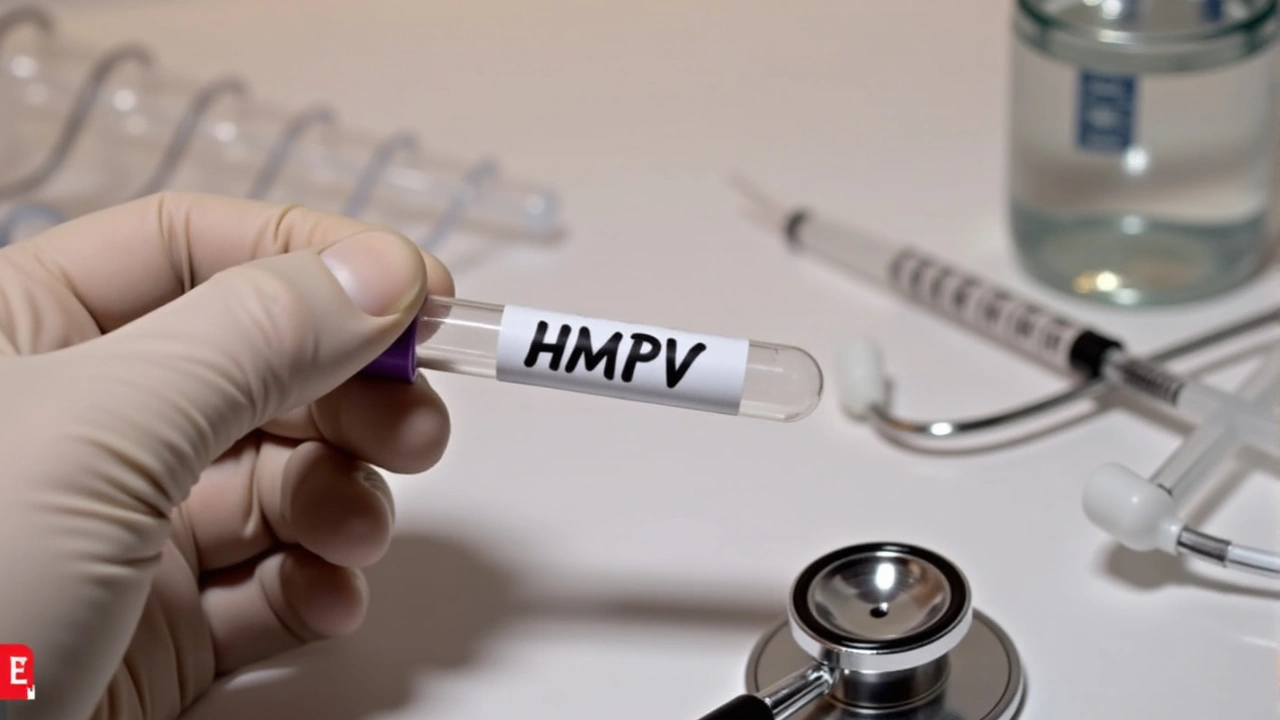Prevention: How to Spot Risks and Stop Problems Before They Start
Stopping problems early saves lives and money. You see the consequences in news items we cover — from rising xenophobic attacks in South Africa to a tragic plane crash in South Korea, and even prize disputes after reality shows. Each story shows warning signs that were missed or ignored. This tag page collects reporting and practical steps you can use to reduce harm where you live or work.
Start with clear signals. If a situation keeps repeating — violent protests, missed safety checks, unpaid prize promises — treat it as a pattern, not a one-off. Ask basic questions: who benefits from the current pattern? Who is being ignored? Who can act now? Patterns point to root causes like poor governance, workplace gaps, or weak oversight.
Hold institutions accountable. When governments, broadcasters, or event organizers fail to deliver safety or fairness, demand records, timelines, and independent checks. For example, push for transparent investigations after transport accidents, insist on public audits when reality show winners claim unpaid prizes, and call for police reports and community forums when xenophobic incidents flare. Document everything with photos, timestamps, and credible witnesses.
Work on community prevention. Local groups stop problems early. Neighbourhood watches, community mediation teams, and local health volunteers can calm tensions, spot threats, and support victims. Train volunteers to identify warning signs — sudden spikes in hate speech, aggressive crowding at protests, or unsafe infrastructure — and to report them to proper authorities or reputable media.
Improve personal digital safety. Misinformation fans conflicts and ruins reputations. Verify claims before sharing. Check official sources, look for multiple independent reports, and pause when headlines feel extreme. Use two-factor authentication on important accounts and keep backups of receipts, contracts, and messages that show promises or payments.
Prepare practical safety plans. For events or travel, expect delays and have clear escape routes, emergency contacts, and basic first aid kits. At work, insist on written safety procedures, regular drills, and transparent reporting channels without fear of retaliation. For journalists and citizens covering protests, prioritize protective gear, secure communication apps, and a clear plan for sharing evidence with trustworthy outlets.
Push for long-term fixes. Prevention is not only about quick responses. Support policies that reduce inequality, improve public services, and strengthen oversight. Vote for leaders who commit to measurable plans and follow up with civic pressure — petitions, local meetings, and media attention.
Want specific help? Use our tag feed to read focused stories and guides on prevention topics. Each article links to sources, names involved, and next steps you can take. Prevention works when people act early, together, and with clear demands. Start small, share evidence, and keep pushing for accountability.
Quick checklist: document incidents, contact a trusted reporter or NGO, keep emergency contacts and funds, verify big claims before sharing, and join a local action group that holds leaders to account. Small steps stop small problems turning into crises. Act early, act smart. Share what you learn.
Human Metapneumovirus (HMPV) is currently creating concerns in China due to an increase in respiratory illnesses, resembling a COVID-like situation. This virus commonly affects children and the elderly, presenting symptoms similar to the common cold or flu. Although typically mild, HMPV can lead to severe complications like pneumonia in vulnerable groups. With no specific vaccine or antiviral treatment available, prevention strategies remain crucial.
Recent-posts
Jul, 17 2024






